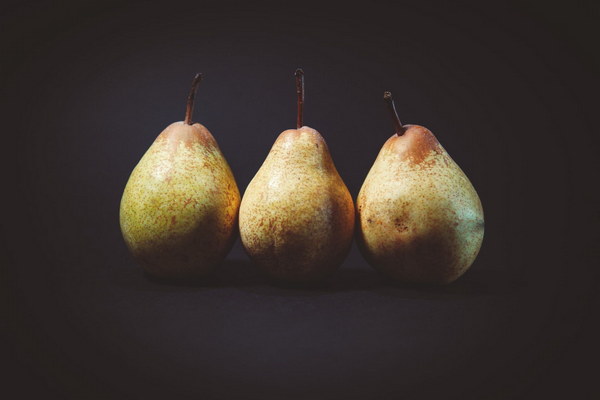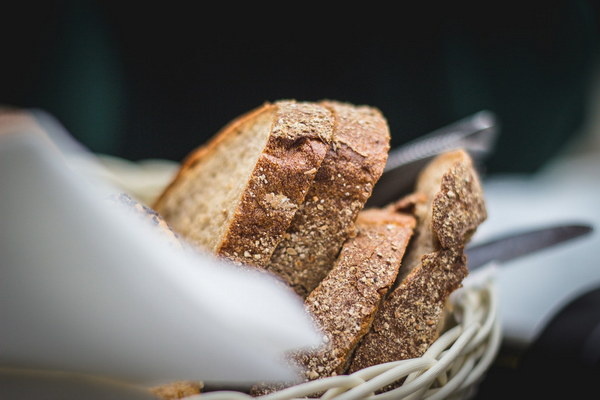How Ginger Can Alleviate Dampness and Treat Eczema A Natural Remedy Guide
Eczema, also known as atopic dermatitis, is a common skin condition that affects millions of people worldwide. It causes the skin to become red, itchy, and inflamed, often leading to a significant impact on the quality of life. While medical treatments are available, many individuals are seeking natural remedies to alleviate their symptoms. One such natural remedy is ginger, a powerful root known for its medicinal properties. In this article, we will explore how ginger can help treat dampness and eczema.
Understanding Dampness and Eczema
Dampness, in traditional Chinese medicine (TCM), refers to an imbalance in the body that can manifest in various ways, including skin conditions like eczema. TCM suggests that dampness can be caused by factors such as poor diet, excessive moisture in the environment, or a weakened immune system. Eczema, on the other hand, is a chronic skin condition that is characterized by dry, itchy, and inflamed patches of skin.
How Ginger Works
Ginger, scientifically known as Zingiber officinale, is a rhizome that has been used in traditional medicine for centuries. It contains a compound called gingerol, which has several medicinal properties, including anti-inflammatory, antioxidant, and anti-dampness effects.
Anti-Inflammatory Properties
Eczema is often accompanied by inflammation, which can exacerbate the itching and redness. Gingerol, the active ingredient in ginger, has been found to reduce inflammation in the body. By decreasing inflammation, ginger can help alleviate the symptoms of eczema.

Antioxidant Effects
Ginger is rich in antioxidants, which help protect the body from oxidative stress. Oxidative stress can weaken the immune system and contribute to the development of eczema. By neutralizing free radicals, ginger can support the immune system and reduce the risk of eczema flare-ups.
Anti-Dampness Effects
In TCM, ginger is considered a potent anti-dampness herb. It can help eliminate excess moisture in the body, which is thought to be a contributing factor in the development of eczema. By reducing dampness, ginger can help improve the condition of the skin and reduce the severity of eczema symptoms.
Ginger Remedies for Eczema
There are several ways to incorporate ginger into your daily routine to help alleviate eczema symptoms:
1. Ginger Tea
Ginger tea is a simple and effective way to enjoy the benefits of ginger. Simply peel and chop a small piece of ginger, add it to boiling water, and let it steep for 5-10 minutes. Strain the tea and drink it warm. You can add honey or lemon to enhance the flavor.
2. Ginger Compress
A ginger compress can help soothe the itchy and inflamed skin. Peel and chop a piece of ginger, then place it in a muslin cloth. Boil water and soak the cloth in the water for a few minutes. Apply the warm compress to the affected areas for 10-15 minutes at a time.
3. Ginger Poultice
Grate a piece of ginger and apply it directly to the affected skin. Cover the grated ginger with a clean cloth and leave it on for about 30 minutes. This poultice can help reduce inflammation and relieve itching.
4. Ginger Supplements
Ginger supplements are available in capsule form and can be taken daily to support the body's anti-inflammatory and antioxidant processes. Consult with a healthcare professional before starting any new supplement regimen.
Conclusion
Ginger is a versatile and natural remedy that can help alleviate the symptoms of eczema by reducing inflammation, boosting the immune system, and eliminating dampness. While ginger should not replace conventional medical treatment, it can be a valuable addition to a holistic approach to managing eczema. Always consult with a healthcare professional before starting any new treatment or supplement regimen.









